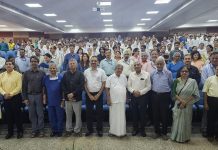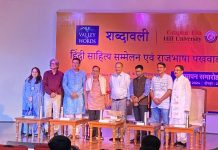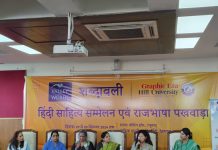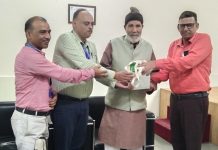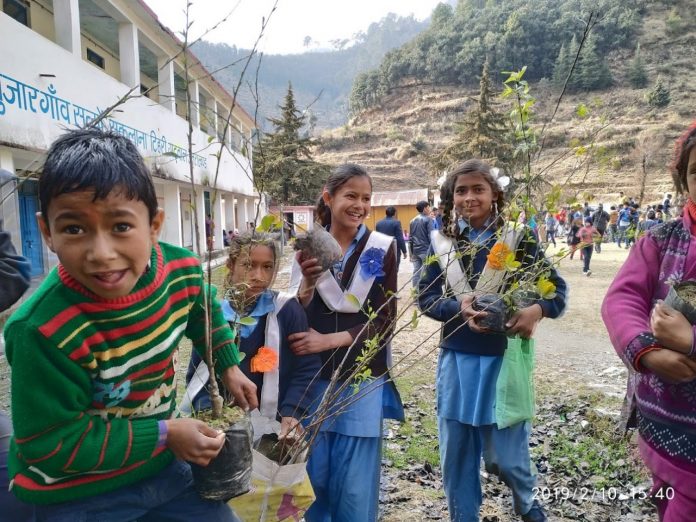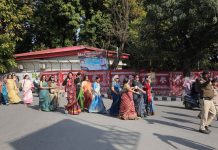Dateline Dehradun: Despite the havoc that COVID-19 has wrecked, several “green” initiatives planned for World Environment Day 2020 are set to leave a positive mark. On World Environment Day, United States-based reforestation non-profit One Tree Planted, in association with social enterprise Sustainable Green Initiative (SGI), will start its planting drive across India. A total of 500,000 fruit trees will be planted in several parts of India this monsoon season.
Planting fruit trees in homesteads and farmland of marginal farmers in five villages of Tehri district in Saklana range in Uttarakhand; fifteen villages of Palwal, Haryana; ten villages in Ghaziabad, Uttar Pradesh; three villages GPs in Puri district of Odisha; one village in the Khopoli region in Maharashtra, and five locations across Delhi-NCR.
Cyclone Amphan, which ripped through West Bengal, left devastation in its wake. It also uprooted scores of mighty trees all over Kolkata. Sustainable Green Initiative has pledged to replant 1,000 of the 5,000 big trees that fell. Eight feet tall saplings of trees such as Neem, Arjun, Karanj, Bakul will be planted in the presence of senior officials from the Kolkata Municipality and prominent members of the civil society.
Sustainable Green Initiative will also kick-off its mangrove and fruit trees planting campaign for 15,000 fruit trees and 200,000 mangroves in the Balli islands of the Sundarbans, under the watchful eye of the Tiger Man of India – Anil Mistry.
In the coming two years, these trees will sequester 2500 tonnes of carbon, and will provide fruits and fodder leaves to the villagers. Depending on the geography, the tree saplings will include Guava, Lemon, Pomegranate, Gooseberry, Jackfruit and Mango.
“These are tough times but we need to keep working towards a better, cleaner, safer future,” said Matt Hill, Founder, One Tree Planted, adding how there was a direct connection between our physical and mental health, and greenery.
Raj Mohan, Founder, Sustainable Green Initiative, said, “We will help maintain these trees for a period of one year to ensure maximum survival rate and encourage the villagers to adopt organic fertilisers and pesticides for the same.”




































